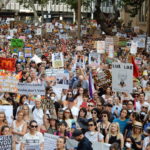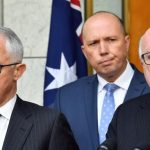Beijing Imposes Draconian Laws to Stamp Out Dissent in Hong Kong
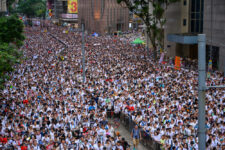
At 11 pm on 30 June, Beijing revealed its secretly-drafted National Security Law to the citizenry of Hong Kong, the city where the new legislation applies. The suite of anti-sedition laws took effect at that same time, and they’re already having a significant chilling effect in the territory.
Crimes such as separatism, subversion, terrorism and collusion with foreign countries have been inserted into Hong Kong’s mini-constitution the Basic Law and these offences all carry maximum penalties of life imprisonment.
The legislation also establishes a new Committee for Safeguarding National Security to guide the region in its implementation of the laws. Beijing now has jurisdiction to deal with certain cases. And the new security provisions override any pre-existing Hong Kong law if discrepancies arise.

One system stamping out another
The laws were introduced on the day prior to the anniversary of the British handover of its former HK colony to China on 1 July 1997. Since that time, the city has operated under the “one country, two systems” principle, which has meant Hong Kong has remained a semi-autonomous region.
This dual system allows Hong Kong to continue operating as a separate capitalist economy, within wider communist China.
But this arrangement is set to expire in 2047. And over the past 12 months, uprisings have swept Hong Kong, as locals indicate they’re concerns over the creeping reach of Beijing and a desire to maintain democracy.
The mass demonstrations were sparked by a bill Beijing-installed HK legislators were about to pass that would have allowed locals to be extradited to territories the city doesn’t have formal agreements with. The fear being that this could have seen citizens sent to the mainland for trial.
But Beijing now seems to have gotten its way, as it used a backdoor manoeuvre to bypass the city’s legislature to impose its new laws that effectively allow it to stamp out the ongoing anti-government demonstrations, which it has claimed have been stirred up by foreign actors.
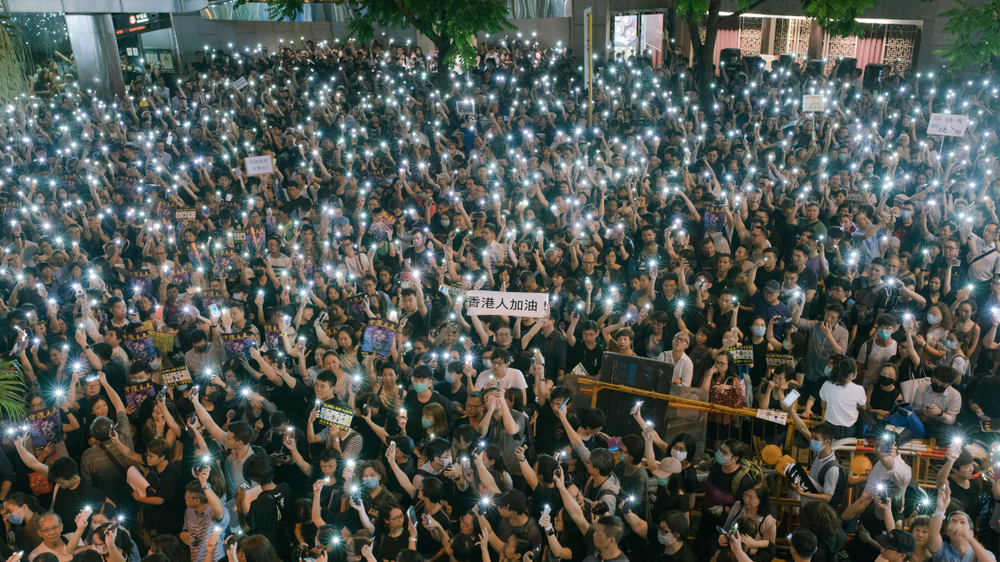
Defiance in the face of
The Chinese Communist Party (CCP) tabled the draft legislation before its top law-making body the National People’s Congress standing committee just weeks ago, in order to undergo a review process that usually involves three rounds of deliberations that can take up to six months.
However, the CCP was keen to install the laws ahead of the Hong Kong Legislative Council’s September elections, as it had concerns that pro-democracy candidates could win a majority after the past year of demonstrations. And they’ve vowed to vote down Beijing-backed bills.
Yet, despite the just enacted draconian laws, thousands of locals took to the streets in the Causeway Bay shopping district on 1 July to mark the 23rd anniversary of the British handover. These demonstrators were met with an onslaught of water cannons and teargas.
And authorities have wasted no time in implementing the new rules. Around 370 protesters were arrested on Wednesday, with ten being detained under the new laws. They included a man and a 15-year-old girl waving HK independence flags and a woman carrying a British flag.
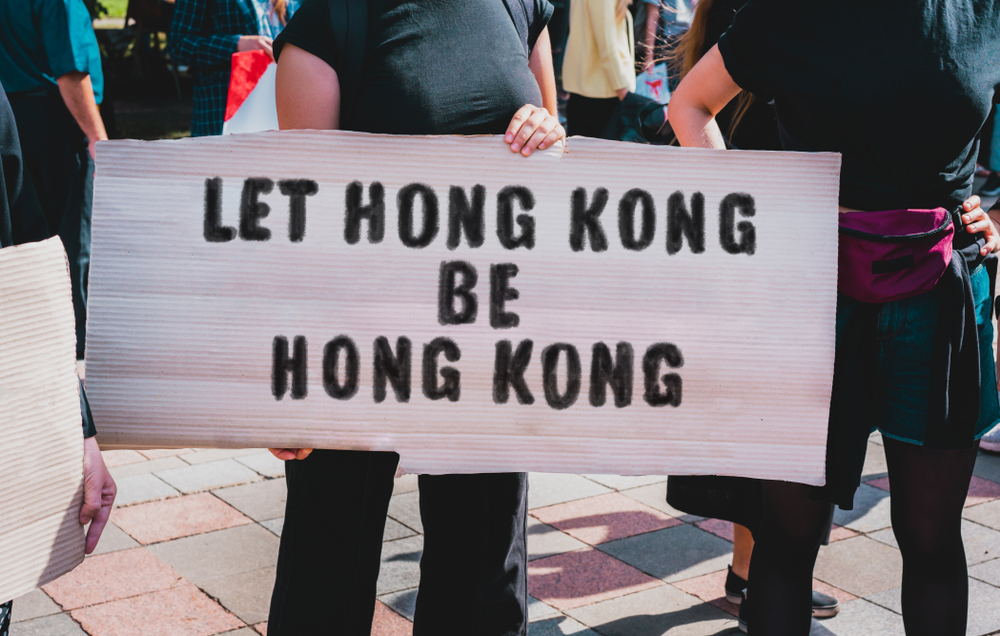
Silencing dissent
The National Security Law is already having its desired effect of shutting down opposition. Four leaders of prominent pro-democracy political organisation Demosistō announced they were leaving the group on Tuesday afternoon, which further led the whole party to disband.
Popular Cantonese diner Lung Mun Café, which has long supported anti-government protesters by providing them with free meals, announced that it would no longer be affiliated with them, as the new laws had made the owner re-examine his position.
And Amnesty International’s Joshua Rosenzweig outlined in a statement on Tuesday that the secrecy and speed that surrounded the passing of the new laws indicate the CCP’s “aim is to govern Hong Kong through fear from this point forward”.
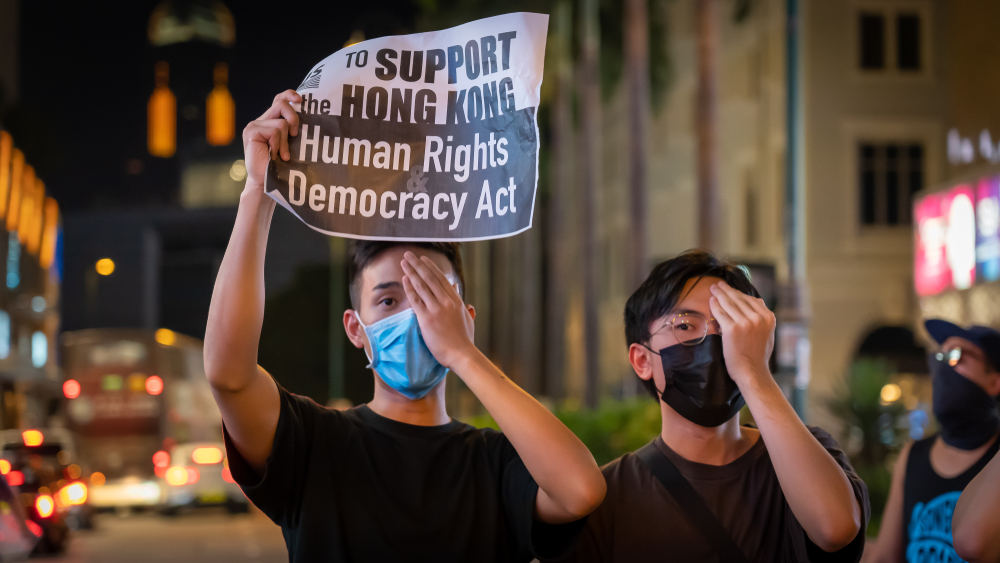
The fight will continue
Joshua Wong was one of the four Demosistō leaders that announced he was leaving the group on Tuesday. Wong is a prominent activist, who led the 2014 Hong Kong pro-democracy demonstrations, which became known as the Umbrella Movement.
In a series of tweets on Tuesday, Wong said that the passing of the security laws marks “the end of the Hong Kong that the world knew before”.
The activist added that the city was entering “a new era of reign of terror”, that will include “arbitrary prosecutions, black jails, secret trials, forced confessions, media clampdowns and political censorship.”
However, Wong was adamant the fight will continue. The young politico emphasised that “even under the ill wind of China’s direct authoritarian rule, Hongkongers will continue to fight for our freedoms and democracy for the city’s next generations”.


